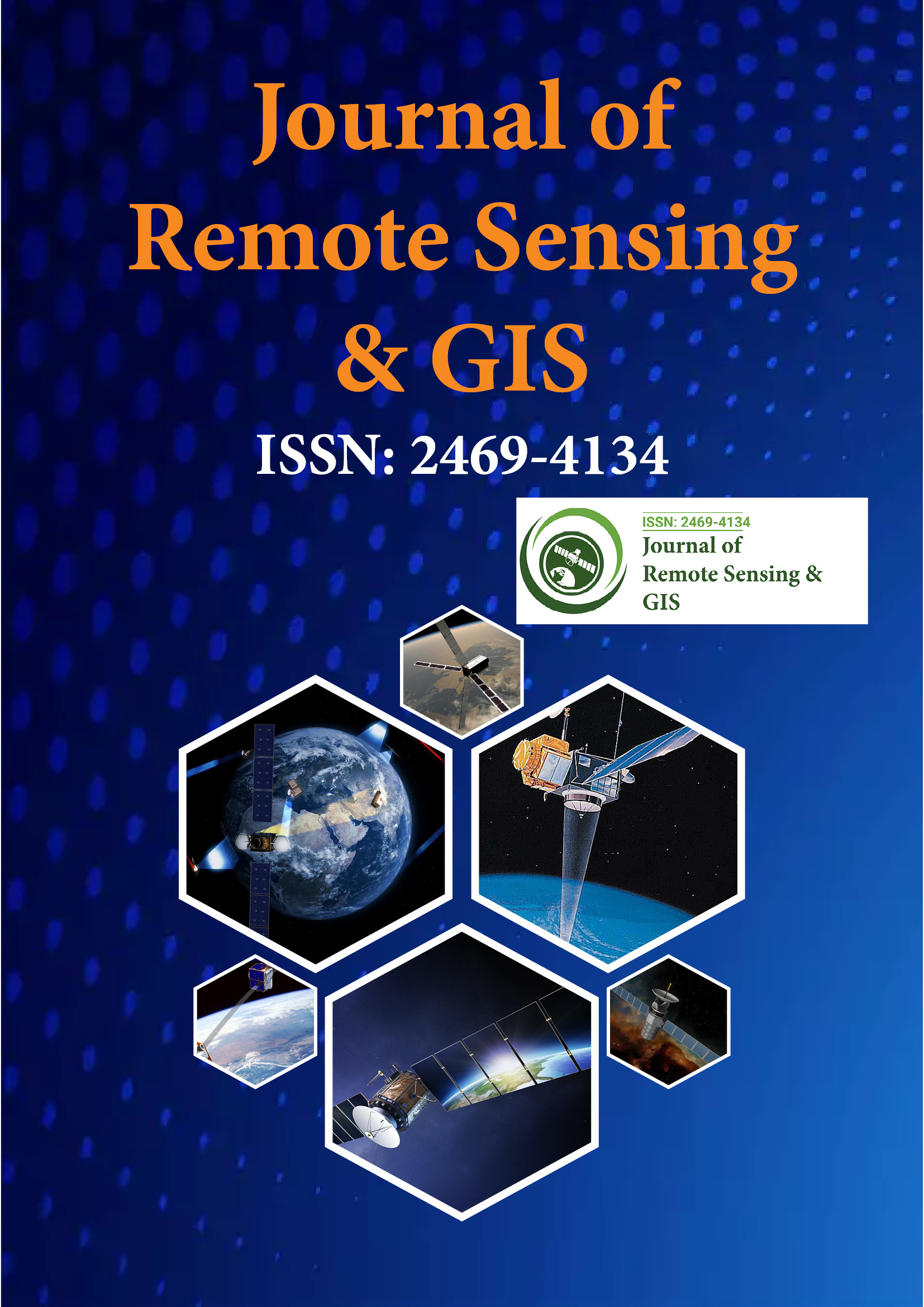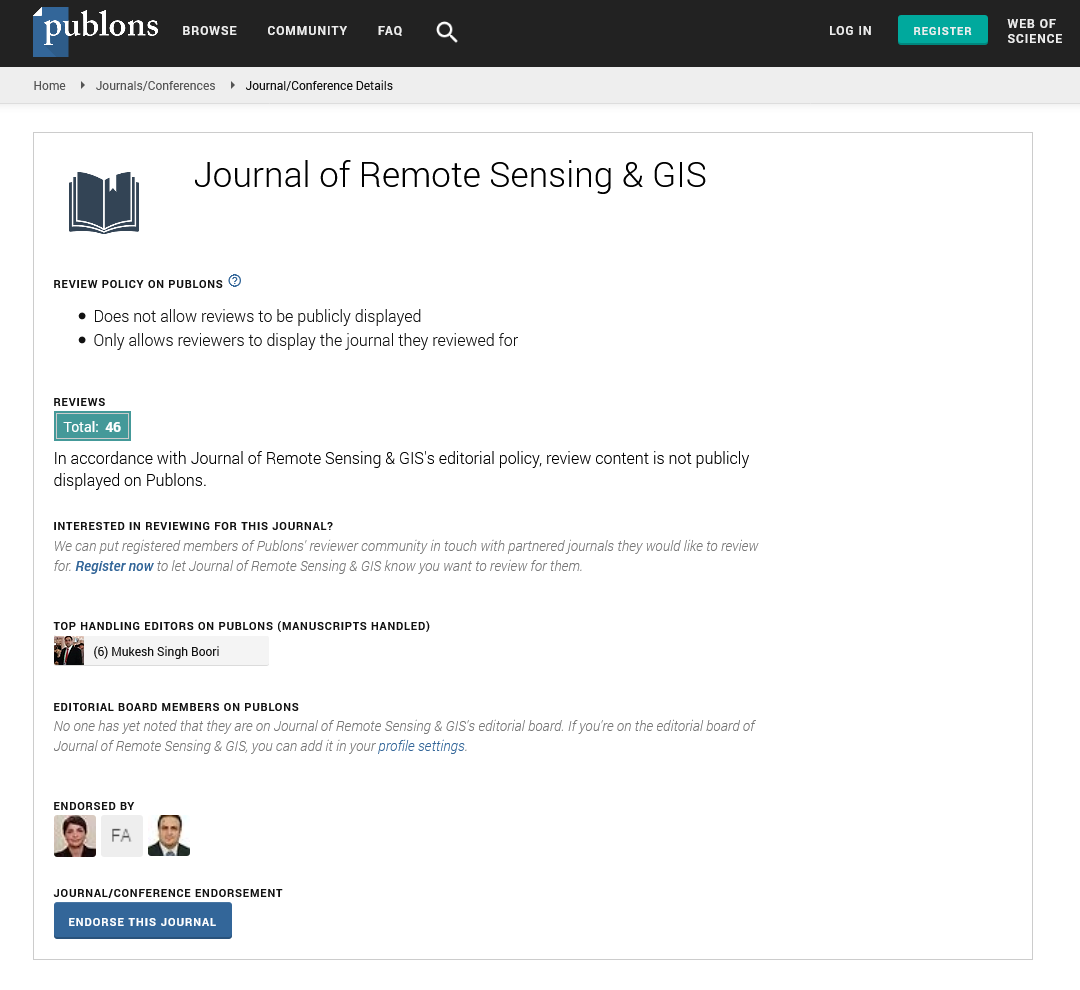Indexed In
- Open J Gate
- RefSeek
- Hamdard University
- EBSCO A-Z
- OCLC- WorldCat
- Publons
- International Scientific Indexing
- Euro Pub
- Google Scholar
Useful Links
Share This Page
Journal Flyer

Open Access Journals
- Agri and Aquaculture
- Biochemistry
- Bioinformatics & Systems Biology
- Business & Management
- Chemistry
- Clinical Sciences
- Engineering
- Food & Nutrition
- General Science
- Genetics & Molecular Biology
- Immunology & Microbiology
- Medical Sciences
- Neuroscience & Psychology
- Nursing & Health Care
- Pharmaceutical Sciences
Abstract
Comparative Study on Executing Topographic Plans Using UAVs
Paunescu C*, Marinescu CM and Paunescu V
The present paper aims to carry out a comparative study on how the digital model can be obtained using the images taken with a camera mounted on a UAV, in two cases: The case where there are control points determined on the ground. The case where there are no control points determined on the ground. To verify the consistency of the digital model, field verification points were determined using GNSS receivers. Basically, on the same area of interest were carried out GNSS RTK measurements and two flights with two different types of UAVs: SenseFlyeBee X and DroneZone XF8-CT. The flight was carried out at the same height and with medium resolution cameras (Sony A7R 35 mm 36 Mpix and SenseFlyAeria X 24 MPix).The GNSS receivers were different. Thus, for the DroneZone XF8CT a GNSS receiver of the u-Blox NEO8M type was used and for SenseFlyeBee X a GNSS RTK receiver of the TRIMBLE BD 93 type and a SenseFly GeoBase base. To establish the consistency of the data, 28 verification points were measured on the ground with GNSS technology. The measurements for determining the position of the control points were performed on different days, using a Leica GS08 Plus GNSS system, connected to the National Network of Permanent GNSS Stations (RN-SGP) through the ROMPOS system. The flight made with DroneZone XF8-CT, 6 control points were determined. The flight made with SenseFlyeBee X, only the data taken by the RTK system from the SenseFlyeBee X UAV were used. The data were processed and a Digital Terrain Model was created for each flight. Finally, a comparison was made between the two Digital Terrain Models, in order to determine the differences between them, but also the differences as against the RTK verification measurements made with the Leica GS08 Plus GNSS system.
Published Date: 2020-09-11; Received Date: 2020-09-21

